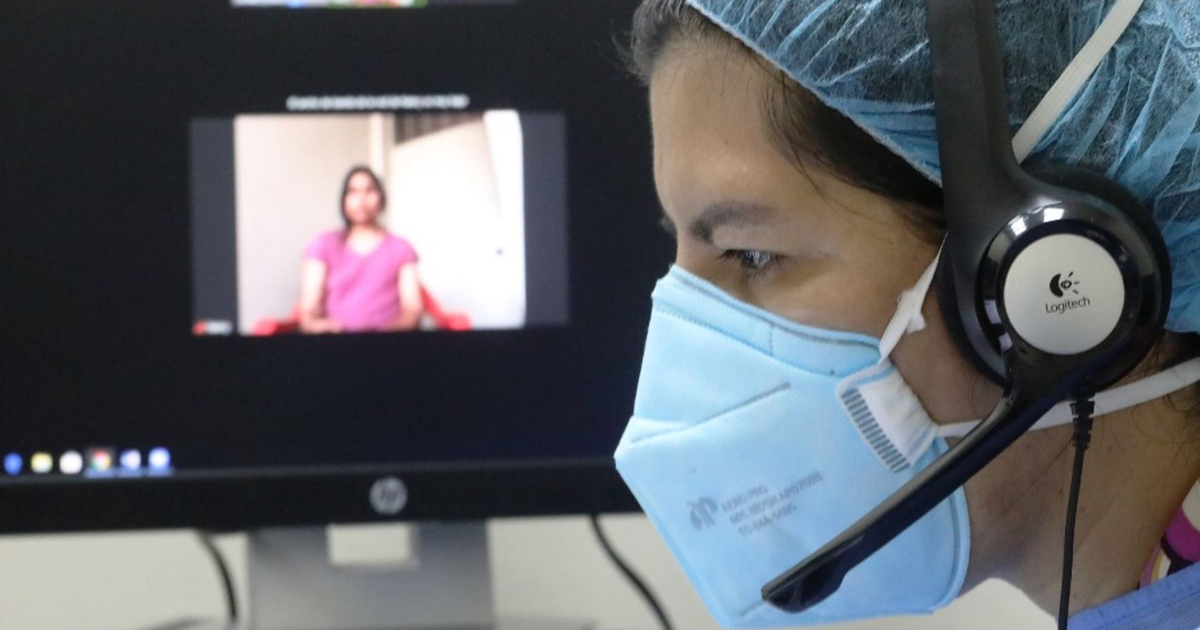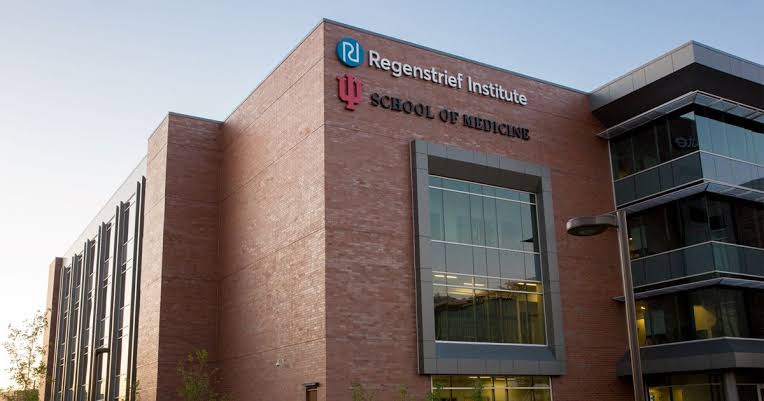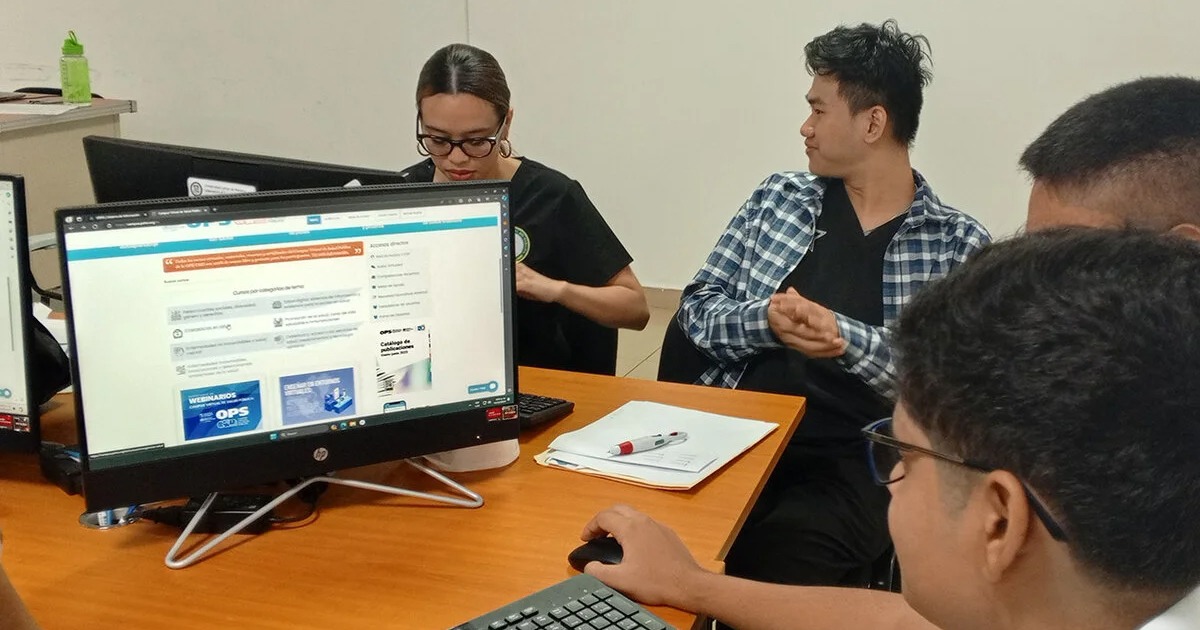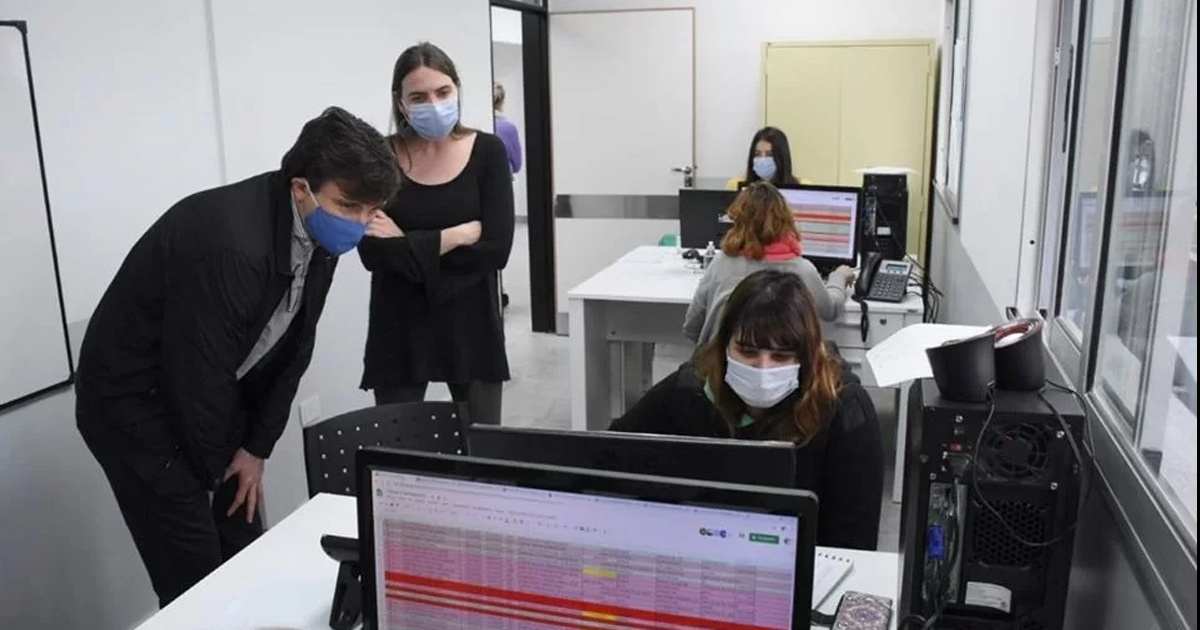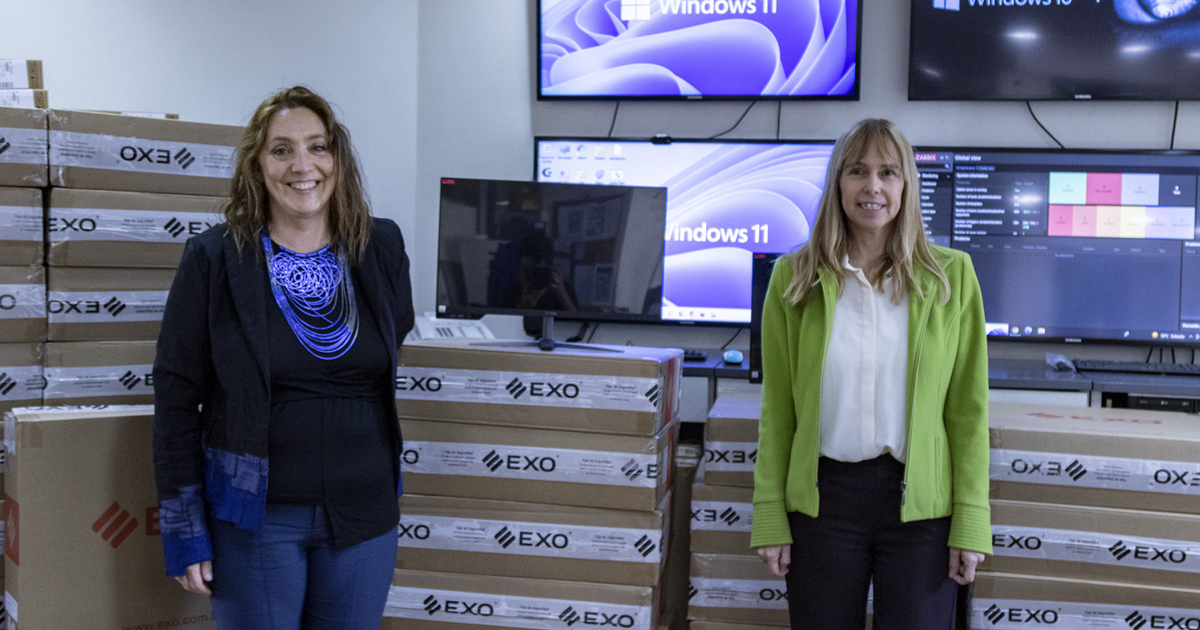In a commentary published by David Drummond, a medical specialist, in the journal Nature, he explains two of the essential dimensions of patient care: competence and warmth, and how it has evolved with industrialization and the advent of autonomous systems in medical practice.
Physician competence refers to the physician's ability to provide treatment and care through biomedical knowledge and scientific reasoning. Warmth refers to the physician's ability to establish an empathetic relationship, considering the individuality of each patient.
" Competence will no longer be the prerogative of physicians, but a dimension to be shared between physicians and autonomous algorithmic decision-making systems, by contrast to warmth which should remain a human attribute," Drummond explains.
However, in the wake of the industrial revolution and the importance of data collection in modern medicine, competence and warmth are likely to be disrupted in some specific situations, and even more so with the application of Artificial Intelligence (AI) in medicine.
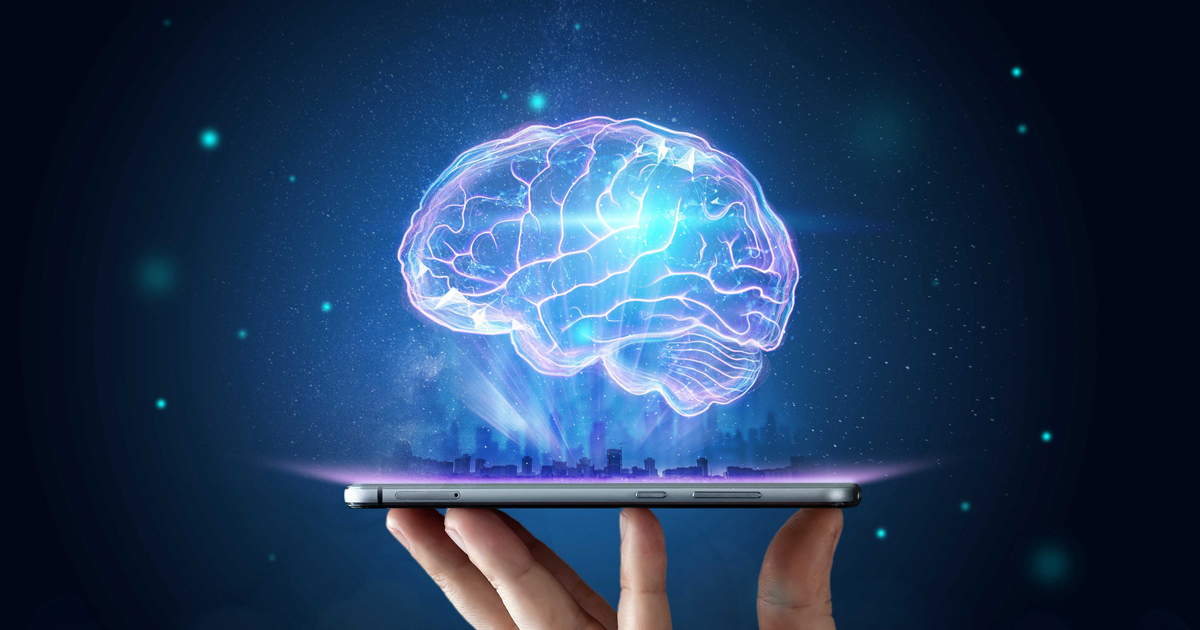
The era of the data revolution
The data revolution was marked by the increasing use of machines that led to a division of labor in data collection, with the participation of biologists, radiologists, geneticists, etc.
Faced with the accumulation of knowledge, new specialties and subspecialties were born, nowadays a medical decision requires multidisciplinary teams. "Overall competence increased but the multiplication of organ specialists and the increasing place of machines threatened the physician–patient relationship. The concept of patient-centered care rebalanced competence and warmth," he explains.
"Physicians must keep the control over these new technologies if they want to keep the “competence” dimension on their side," the author concludes.

